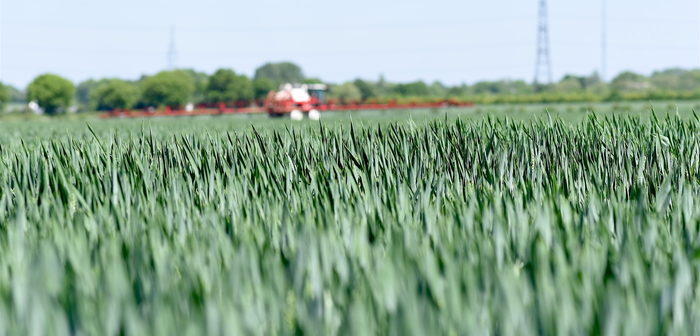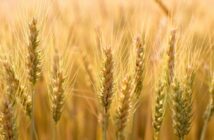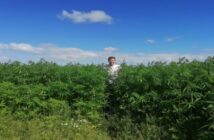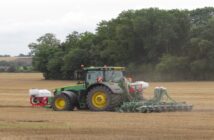ProCam’s head of crop production, Mike Thornton, explains why farmers with a known black-grass burden shouldn’t bring their winter wheat drilling date forwards, regardless of the UK’s recent soil moisture level improvements.
“Rushing out to drill just because we’ve seen some decent rainfall events in the last few weeks would be counter-productive,” Mr Thornton said.
“Instead, delaying drilling until mid-October, or even into November where weather conditions allow, provides a fantastic opportunity to create some really good stale seedbeds after this year’s early harvest, especially for those growers who need to control burgeoning black-grass populations.”
Mr Thornton acknowledges that no-one really knows what the weather could do. However, he adds: “What we do know is that delaying drilling, to enable weeds to germinate so they can be controlled before the next crop is planted, is still the best tactic on high-risk land. It therefore makes sense to play the long game and to keep the brakes on the seed drill until the first flush of weeds has been eliminated.”
Additionally, a multi-year ProCam trial, at the company’s trials hub at the Stockbridge Technology Centre near York, showed that although the drilling date can affect yield, it was not crops drilled in September which produced the best yields, but those sown in October.
The trial drilled different winter wheat varieties at monthly intervals from September onwards, with the latterly drilled crops producing better yields.
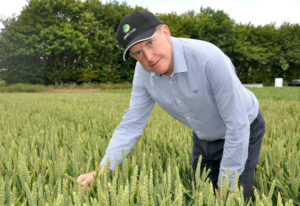
Mike Thornton
“That might sound illogical,” Mr Thornton explains, “but it actually makes a lot of sense. That’s because, compared with September, there’s likely to be more soil moisture for germination in October and seedbeds should be more weathered down to aid crop establishment. More grass weed seeds should also have germinated by October therefore allowing for better control before planting commences.”
He also notes that later-drilled crops could see a reduced threat from barley yellow dwarf virus (BYDV) infection, as lower air temperatures will reduce the activity of disease-vectoring aphids.
“There’s no guarantee later drilling will reduce the level of risk, especially as it’s unlikely temperatures will suddenly drop off a cliff over the next few weeks, so risks will still need to be monitored. However, these are added potential benefits for growers whose resolve to delay drilling might be wavering,” he concludes.

